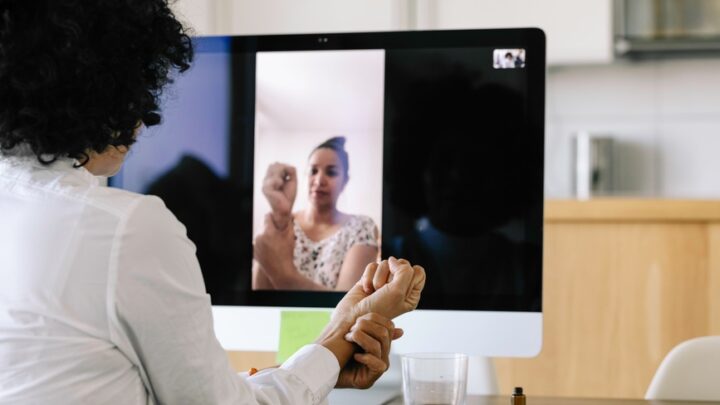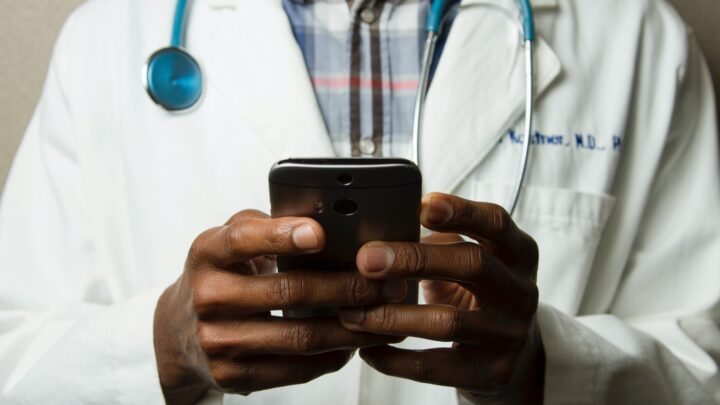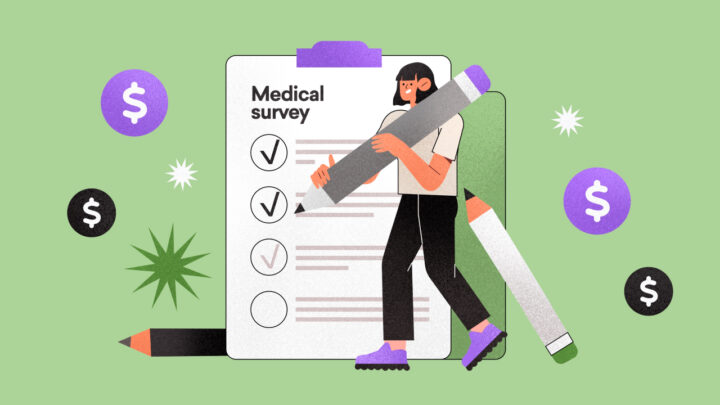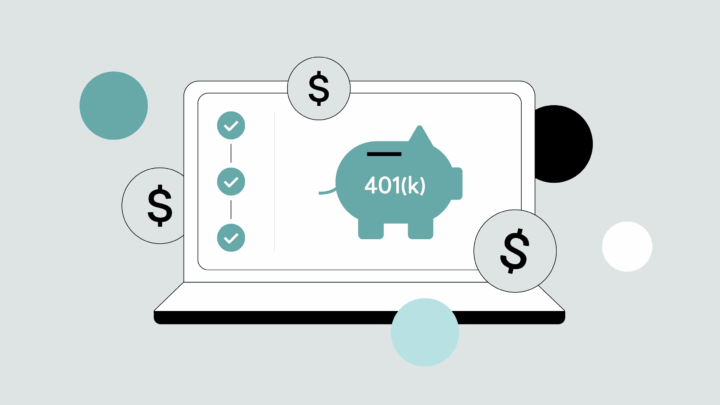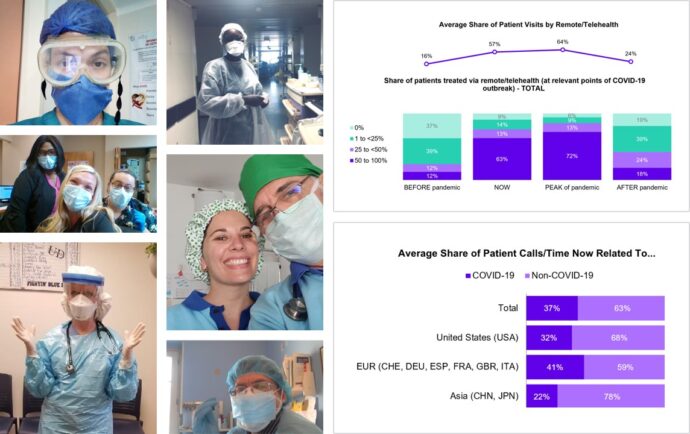
Our HCP Sentiment Series was created to better understand how COVID-19 is impacting the medical community and identify new ways our Industry partners can support healthcare professionals during these changing times.
In Part III, we explore physician perspectives on the timeline for returning to “normal” patient activity levels, and in turn, the impact on HCP access for pharmaceutical and medical technology companies moving forward. 1,209 healthcare professionals in six specialties across eight countries generously donated their time to provide us with these insights – check out the three main trends and implications for your business below!
1. Physicians are cautiously optimistic about re-opening
As the world slowly moves towards re-opening, physicians shared their insights around when they expect to return to normal practice levels, the level of guidance they are receiving during this transition, and how they are engaging patients. Key findings include:
- Over 1/3 of physicians believe their practice will take longer than 6 months OR will never return to pre-pandemic patient activity levels.
- Nearly half (46%) of physicians will look for guidance from their employer or public health authorities when resuming in-office appointments; Europe shows a higher share of personal choice (37% vs 27% in the U.S.).
- Over half of physicians in the U.S. and Europe are proactively contacting their patients about reopening (52% and 53% respectively).
- Although the importance of following safety recommendations is the top message communicated (77%), 55% of offices are telling patients they are open for business.
2. Telehealth continues to rise in popularity
Telehealth continues to grow as a way for patients and physicians to continue their care (virtually) during COVID-19. Our data shows that:
- Telehealth has made up most consultations in the U.S. and Europe during the pandemic (62% and 60%), yet Japan has had very little telehealth visits (8%).
- The greatest lasting impact of COVID-19 is that physicians in the U.S. will “catch up” to Europe in terms of using telehealth.
- Specialists shared similar trends, noting that with more at risk patients, they foresee having a higher level of remote consultations on the books. Particularly, oncologists expect a 25% share of patient consultations occurring remotely six months after the crisis.
- While there are many telehealth platforms being used, physicians reported Zoom as the most widely used.
- All markets will see a lasting increase of telehealth services across practices. Specifically in the U.S., a 3x increase in remote consultations is expected from prior to COVID-19 numbers.
3. Communication with Sales Representatives will change
COVID-19 has impacted many aspects of our lives, including in-person meetings and shifting work priorities. We see that holds true with pharmaceutical representative communication as well. Of note:
- Nearly half (48%) of physicians expect they will return to pre-COVID levels of communication with sales representatives after restrictions are lifted.
- However, nearly two-thirds (62%) of physicians expect representatives will only be partially allowed access for in-office meetings.
- Among specialties, Hematologists have stronger belief that pharma should avoid sending sales representatives for in-office meetings under any circumstances.
- Those who will not welcome sales representatives will allow other industry personnel, such as medical affairs representatives, for in-office meetings.
- We see strong purchasing signals for medical device companies, particularly in China, as practices focus on restocking their supply of premium quality surgical gloves, asthma inhalers and more over the next six months.
What are the implications for your business?
- Consider new ways to meet HCPs online as they adopt digital tools more rapidly than ever.
- Now that the point of prescription is more so taking place digitally, consider new tools to educate on treatment options.
- Specialty-specific nuances are key to informing your marketing strategy – invest in data to understand your key market and build a customized, personalized approach.
- Build a comprehensive virtual meeting strategy to offset declines in pharma rep meetings.
- It is important to create a need for physicians to meet with sales reps – how do we do this?Should there be deeper levels of collaboration across business units?
- With practice re-openings here/on the horizon, medical device companies can help physicians prepare by digitally promoting available supplies.
For more information on our HCP Sentiment Series and to download the full report, please visit https://www.sermo.com/hcp-sentiment-study-series/



